Whether traditional gamers like it or not, non-fungible tokens (NFTs) will impact major consoles and video game franchises in the future. The question is, will your favourite developer or publisher play a role in their adoption? Perhaps they may ignore NFT games and the play-to-earn (P2E) phenomenon, but still utilise blockchain technology in some way.
In a series of articles that examine where each AAA video game developer, publisher and console manufacturer stands on NFTs and blockchain technology, I'm going to answer these questions and more.
This article focuses on Epic Games, a company you may not know by name, but have definitely come across many times. As the creator of middleware solution Unreal Engine, it's provided the platform on which many of the most popular games in history have been built. But that's just the start.
What's Epic Games' stance on NFTs? Read on to find out. And make sure you also read our guides to the web3 futures of Nintendo, Sega, Square Enix, Ubisoft, Microsoft and EA.
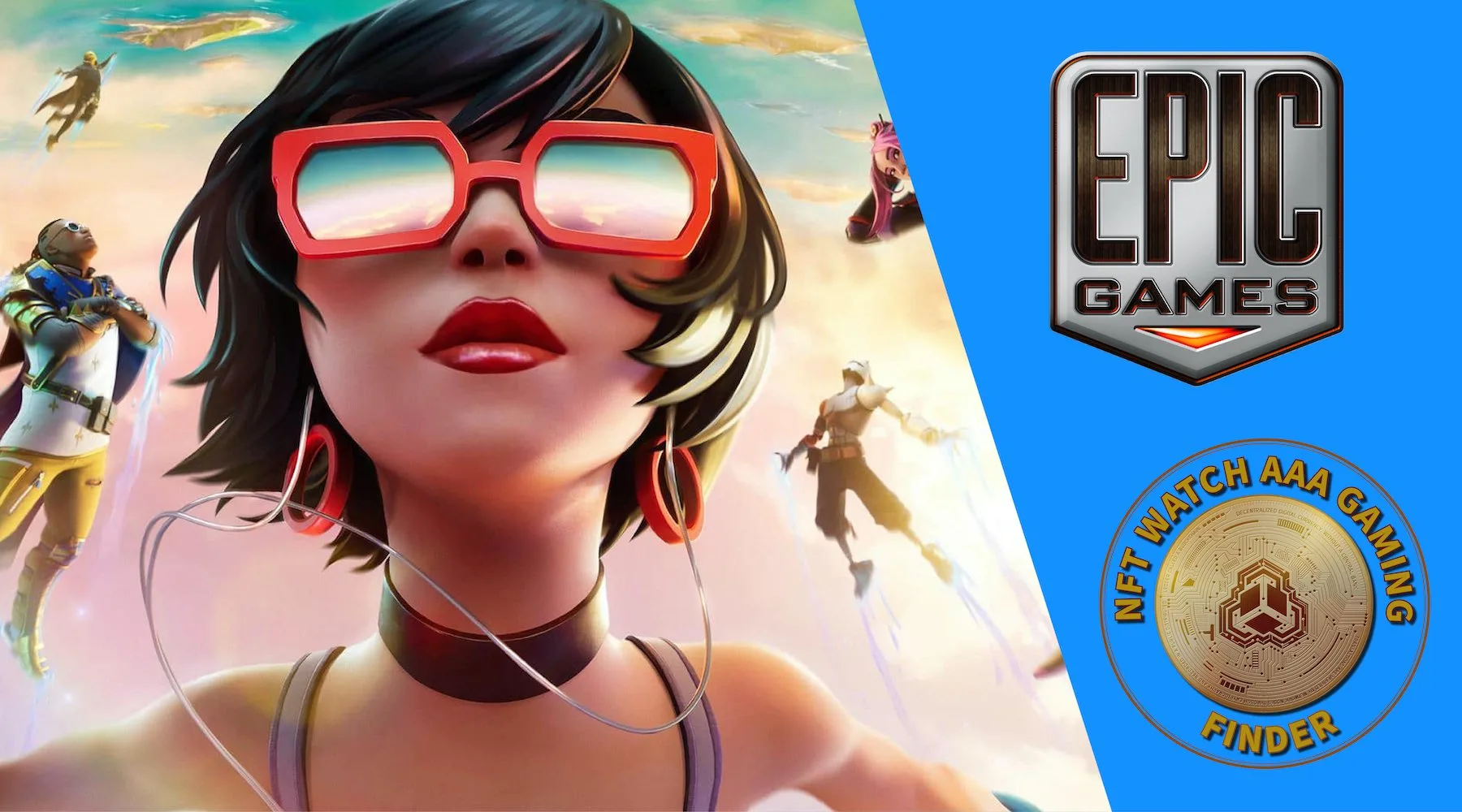
Who is Epic Games?
Epic Games is one of the biggest names in video gaming, valued at US$32 billion. For some, the company will be best known for its games. It developed and created Fortnite, Gears of War, Unreal Tournament, Infinity Blade and more. And in recent years, it's acquired other huge gaming brands like Rocket League and Fall Guys as well as famed developer Harmonix (Rock Band, Fuser, Guitar Hero).
Epic Games is also the creator of Unreal Engine, a multiformat middleware solution licensed and used by countless developers and publishers across the gaming landscape. So much so that Unreal Engine has become a pawn in the battle for console superiority between PlayStation and Xbox.
In addition, Epic Games is also a retailer. The Epic Game Store is a PC marketplace with over 200 million registered users. When combined with its game portfolio, it's estimated that Epic Games has around 700 million gamers within its ecosystem.
Epic Games has fingers in every pie that gaming has to offer: software, hardware and retail. As such, it's as powerful a force as any other company in the industry. It's also backed by Chinese super company Tencent.
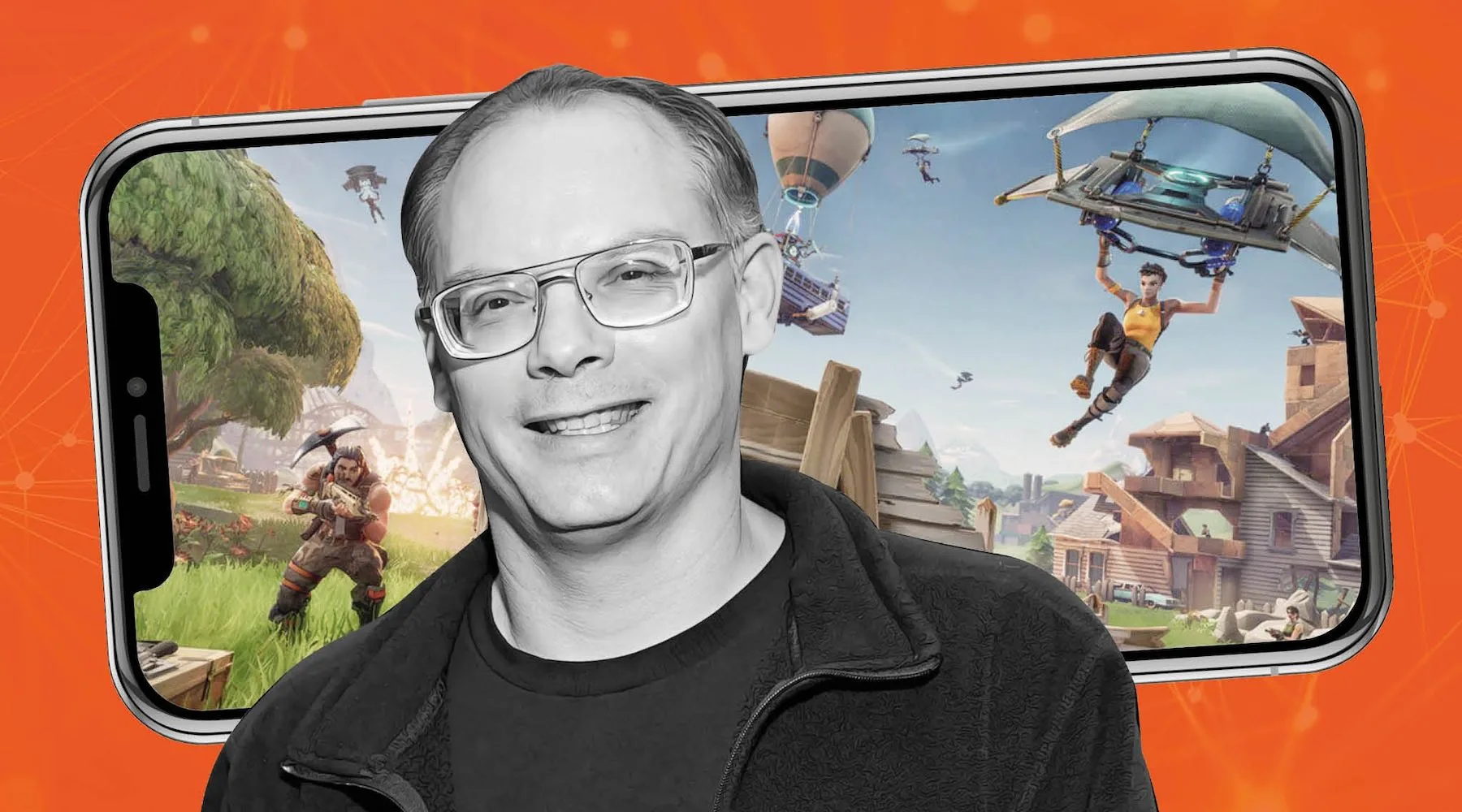
Tim Sweeney loves blockchain
Tim Sweeney is Epic Games. He founded the company in his parent's garage back in 1991 and remains the majority owner over 3 decades later. What he thinks is what the company does. And as you may have guessed from his company's success, he is a visionary and a pioneer that's consistently been ahead of the curve. The same goes for blockchain.
Sweeney first publicly declared his interest in the possibilities of a virtual-reality-driven metaverse in September 2015. "It'll be interesting to see how the metaverse idea evolves," he said at the time. "Whether it's one universal piece of software that everybody uses, or whether it's realised as a series of different products, each appealing to a different audience. That is one of the biggest and most fundamental questions about VR right now."
And the metaverse
But it was over a year later, in December 2016, that the true scale of his thoughts was revealed. In his speech at DeanBeat, Sweeney detailed his expectations for the metaverse, talking to the adoption of blockchain and cryptocurrencies years before any of his peers.
"The human implications of this [metaverse] will be profound," Sweeney detailed. "We can put a headset on and communicate with anybody in the world in real time and it will be like being in the same room with them. A virtual economy might exceed the real economy someday, and it could be a utopia or dystopia. It's an economy that is very different from the one we have today."
In that same speech, Sweeney also spoke passionately about the need for such a metaverse to be decentralised. "This metaverse is going to be far more pervasive and powerful than anything else. If one central company gains control of this, they will become more powerful than any government and be a god on Earth. What we want is not a company, but a protocol, that anyone can implement."
It's fair to assume that, by this point, Epic Games was already doing R&D on blockchain and preparing Unreal Engine to be ready for the metaverse. But as Sweeney pointed out, Ready Player One would still be a way off:
"We need to be very patient. A lot of companies are doing experiments along these lines. We have to realise it's going to take many attempts before we find the key combination of elements that makes it all work. In 2 years, when everybody's downloaded different versions of the metaverse from different companies and found they all suck, I wouldn't give up at that point. We need to continue to look for the magic."
But not cryptocurrency
Through 2017, Tim Sweeney's name would be linked to many quotes regarding the metaverse, notably at his keynote speeches. But this was around the time that Bitcoin started to gain grander notice, alongside the tech driving it. Sweeney talked openly about his interest in blockchain.
In August 2017, he was quoted saying: "There are some incredibly powerful ideas there. I feel like they've only begun to be developed. There's Bitcoin, but the more interesting one is Ethereum, which runs general programs in the blockchain. You come to the realisation that the blockchain is really a general mechanism for running programs, storing data and verifiably carrying out transactions. It's a superset of everything that exists in computing.
"We'll eventually come to look at it as a computer that's distributed and runs a billion times faster than the computer we have on our desktops because it's the combination of everyone's computer."

Epic Games x MagnaChain x Monero
In July 2018, MagnaChain claimed it had formed a partnership with Epic Games. The details of the partnership weren't revealed, but MagnaChain had made a name for itself at the time as a hybrid proof-of-work/proof-of-stake blockchain that could deliver 100,000 transactions a second.
A sensational moment occurred on 5 January 2019, when cryptocurrency altcoin Monero became a payment option in the Fortnite merchandise store. Monero's top brass celebrated the moment, but the joy didn't last long. The payment option was shortly removed, with Sweeney referring to it as an accident.
"We worked with a partner to open a merchandise store, and somewhere along the way, Monero payment was enabled. Many of us at Epic are big fans of the decentralised computing tech underlying cryptocurrency; however, a lot more work is needed on volatility and fraud-proofing before bringing it to a broad audience that includes younger gamers."
However, in February 2019, Sweeney would also deny the MagnaChain partnership. "There's no partnership with any cryptocurrency company or service. [But] independent devs using Unreal are free to do whatever they want."
Epic Games MegaGrants
In March 2019, Epic Games launched MegaGrants. This start-up fostering program looked to support upcoming Unreal developers with a combined US$100 million in funding. The grants have been getting handed out ever since, but – much like Ubisoft has done with its Entrepreneurs Lab – it's also become a discovery tool for interesting applications of metaverse tech.
Indeed, many of the companies that have picked up Epic MegaGrants are working on metaverse, blockchain or NFT projects. While many more still are working on VR, AR or XR hardware and software, which Tim Sweeney believes will be the key technology in the future metaverse.
Indeed, in April 2019, Tim Sweeney spoke openly for the first time about his vision for a Fortnite metaverse. "We see that as Fortnite evolves, it's evolving beyond being a game. There'll be more interesting things happening in that world as it evolves in ways that previous games haven't. Something like a metaverse."
Jumping forward quickly to December 2019, a fan asked Tim Sweeney if Fortnite was a game or a platform. His response provided further proof to the media that a Fortnite metaverse was getting ever closer. "Fortnite is a game. But please ask that question again in 12 months."
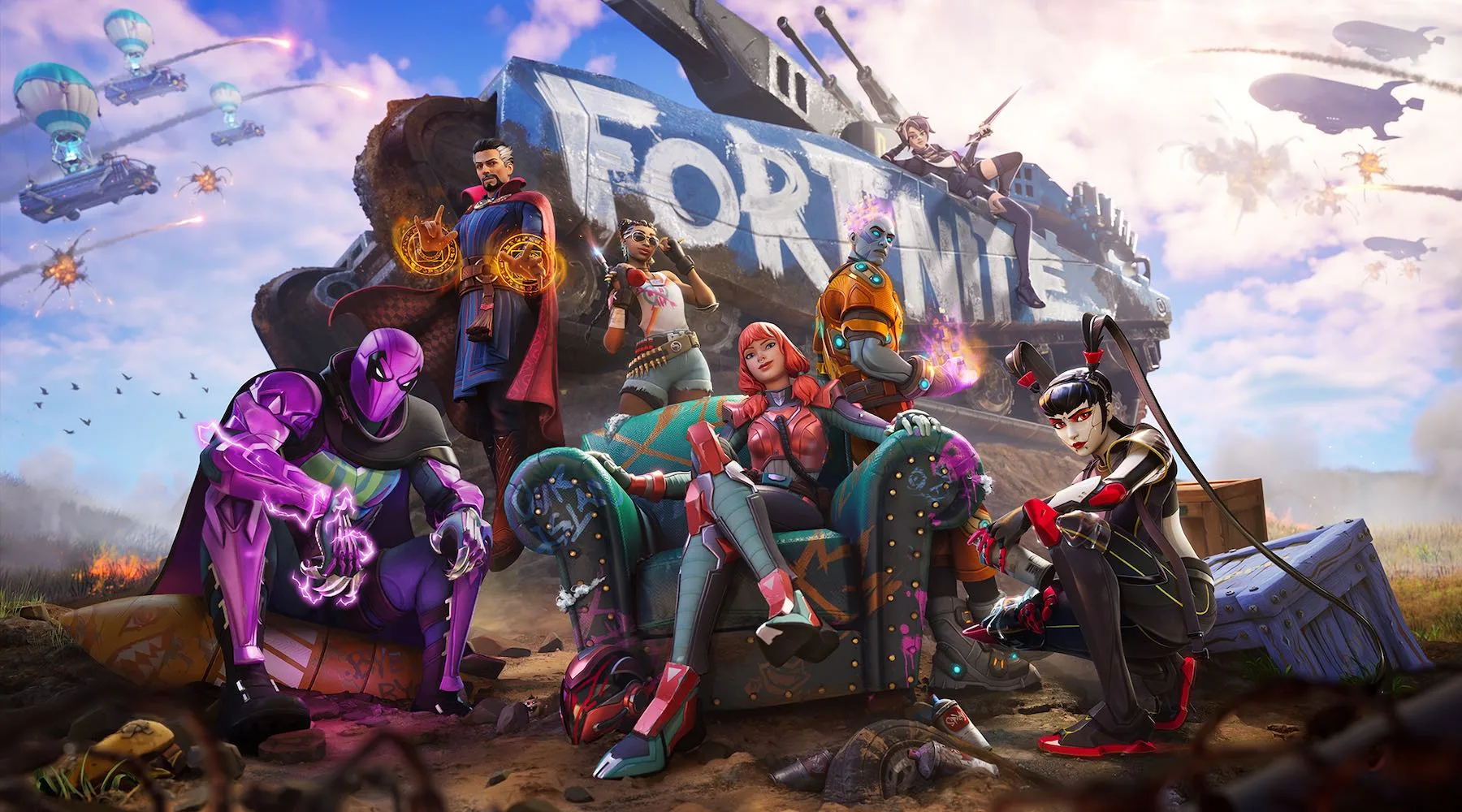
Epic Games partners with The Abyss
Tim Sweeney may have been denying interest in cryptocurrency in February, but by May 2019, things had changed. Epic Games announced a partnership with The Abyss. This decentralised NFT market would become a portal through which blockchain games developed in Unreal Engine could not just be deployed, but accept ABYSS cryptocurrency tokens in payment for games or in-game items.
At the time, a spokesperson for The Abyss said: "The program is aimed at attracting more gaming studios and titles to The Abyss platform as well as supporting Unreal Engine developers in cryptocurrency adoption. More specifically, they will be able to accept ABYSS tokens both for game and in-game purchases in a legal and easy-to-use way.
"We take on all further relationships with Epic Games on royalty between them and The Abyss. But this applies only to those games that are sold through our platform."
Epic buys Houseparty
In June 2019, Epic Games acquired video social app Houseparty. At first, the company leveraged Houseparty's technology and development team to level up the live streaming and player communication systems in hit games like Fortnite. However, the app was disbanded in September 2021.
The reason provided is what is intriguing, with Epic Games saying the team was too busy on other projects to focus on maintaining the Houseparty app. A statement declared that the developers are busy looking to "create new ways to have meaningful and authentic social interactions at metaverse scale across the Epic Games family."
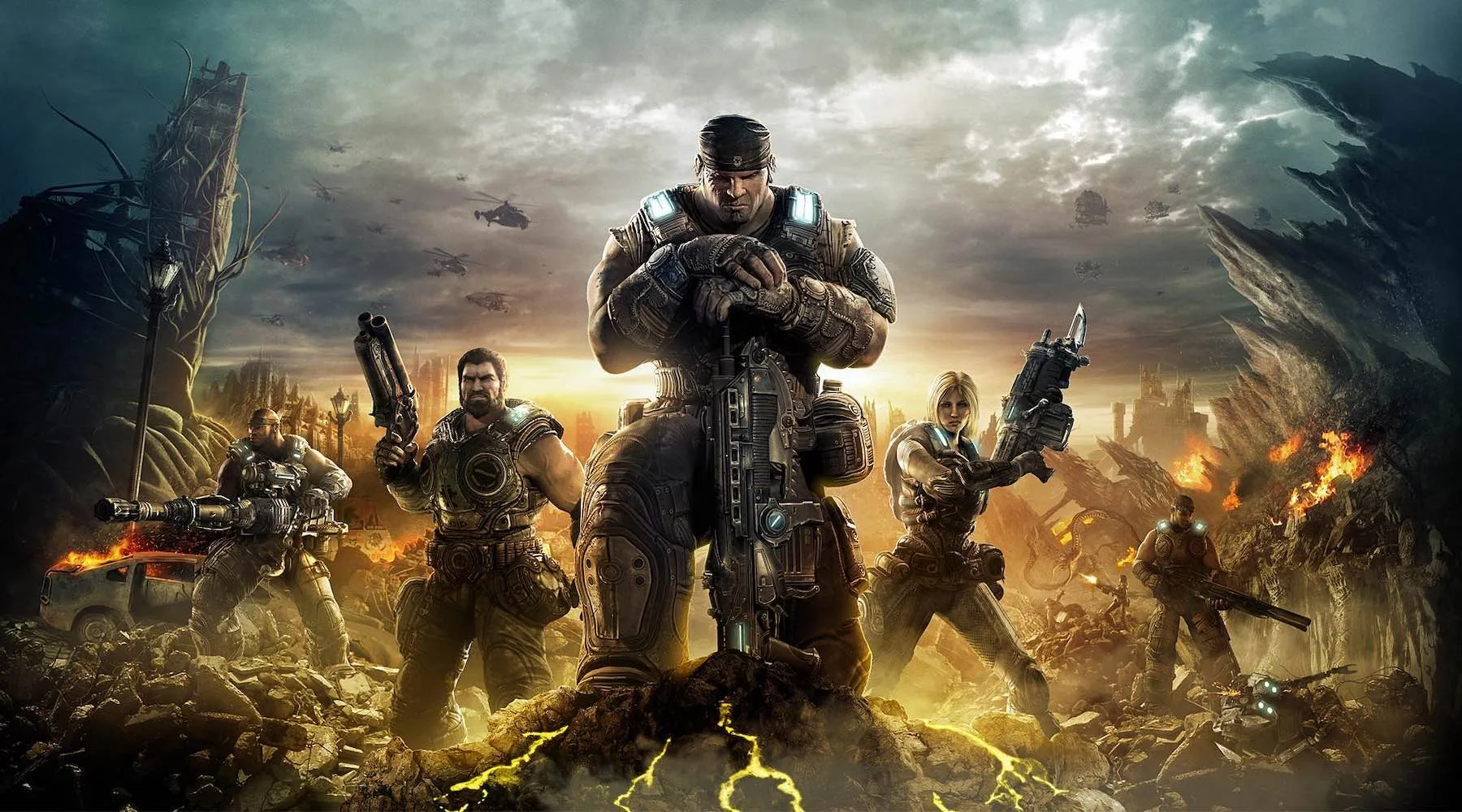
Tim Sweeney defines metaverse economies
In July 2020, Tim Sweeney provided a lengthy address on the metaverse. For gamers interested in how his vision may play out in games like Fortnite, or on the Epic Games Store, one particular quote stood out.
"I would hope that the metaverse as a future medium can be a much greater engine for economic efficiency than any of the closed systems that exist today. And that we'd ultimately get to a point where a much higher percentage of the profits go to creators than with any of these other platforms that currently exist. And that when money is going to people who are not creators, it's really done through competitive dynamics to ensure that their costs and their profits are very, very reasonable relative to the service they're performing."
Apple vs Epic Games on the metaverse
Tim Sweeney has long been vocal about his desire for the metaverse to be open and decentralised. He has constantly called "for a fair and open internet." And has also frequently taken companies like Apple and Valve to task over the way they monetise developers using their platforms. In August 2020, he declared war on Apple over its view on the metaverse.
"Apple has outlawed the metaverse," he claimed. "The principle they state, taken literally, would rule out all cross-platform ecosystems and games with user-created modes: not just xCloud, Stadia, and GeForce NOW, but also Fortnite, Minecraft and Roblox.
"In Apple's view, only the Apple metaverse would be allowed. And that's what I fear the most here: that Apple is looking ahead to AR and thinking of the absolute power it can wield over the world if they can get away with repeating the App Store payments fiasco in the real world."
A month later, Apple would ban Fortnite. A lengthy, public court battle would begin as Epic Games' founder fought for his vision of the metaverse to materialise.

Epic invests in Manticore and buys Hypersense
From here, we see Epic Games make a number of key acquisitions and investments as it begins to assemble the artillery it needs to take on the metaverse. In September 2020, this included leading a US$15 million investment round into Manticore.
Manticore's platform, Core, is shaping up as a middleware solution for the metaverse. Its focus is on user-generated games that co-exist together within the same world. Epic Games' president Adam Sussman spoke directly to the metaverse being a key motivator in the investment.
"At Epic, we believe the industry is heading towards games becoming more like open platforms where creators can build their own worlds. Built in Unreal, Core exemplifies this future and goes one step further by providing the environment for anybody to create great multiplayer games, and a metaverse playground where players discover endless entertainment."
Then in November 2020, Epic Games would acquire Hypersense in order to own its real-time face-animation technology. This followed predictions from Sweeney back in 2016 that a key feature of the metaverse would be the ability of VR, XR and AR headsets to see human expressions and to use that to drive dynamic animations in a virtual world's avatars.
In January 2021, Tim Sweeney commented on the rising interest in NFTs. While clearly not a focus for the company, he noted that "while a wild, speculative mess, the tech is going places."
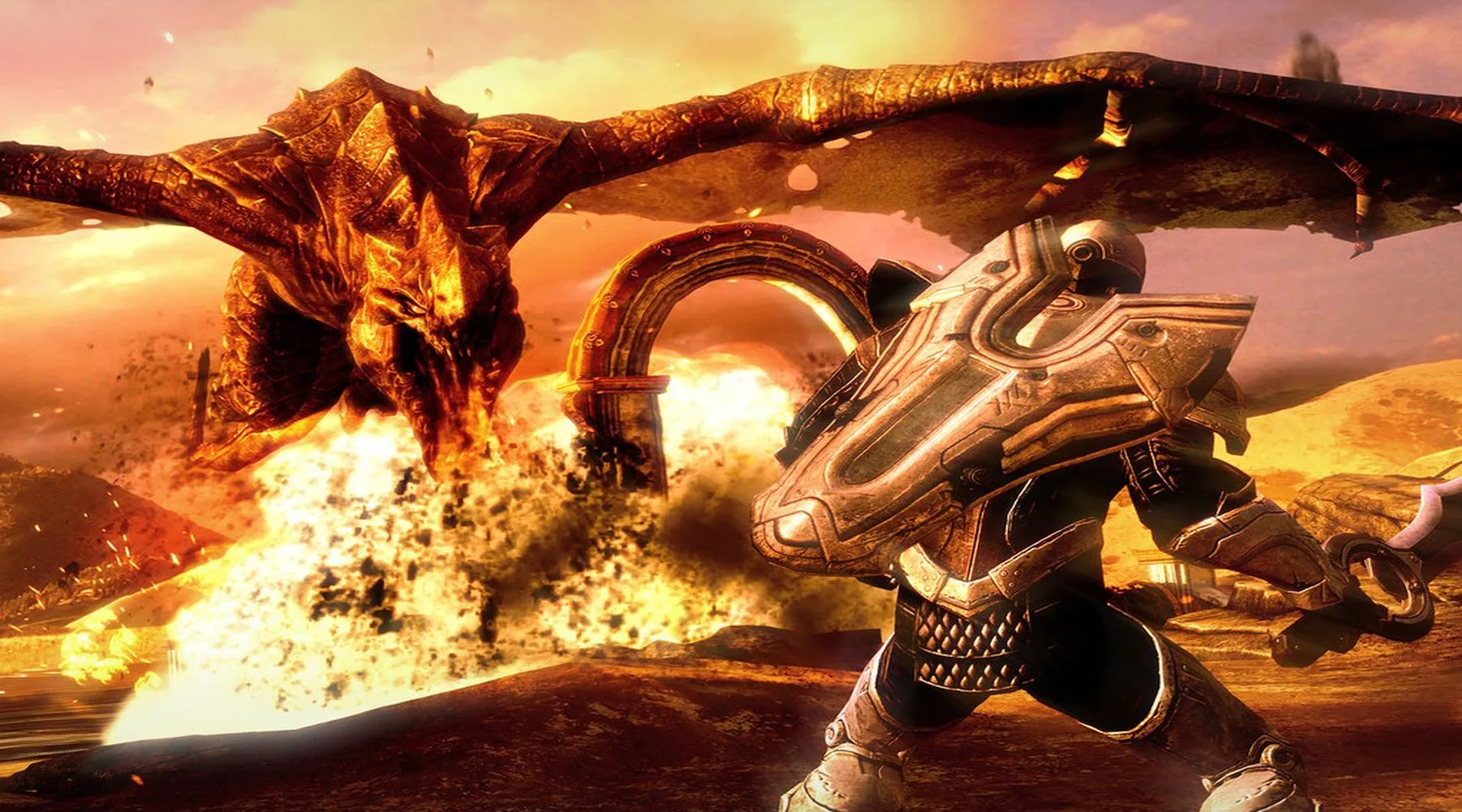
Epic Games' MetaHuman Creator
The next step in Epic Games' journey towards a metaverse was realised in February 2021. In Sweeney's vision for the metaverse, users manifest as lifelike avatars whose real-world expressions are replicated in real time by their virtual replicants. Hypersense was one step in that direction, MetaHuman was the next.
Its initial release manifested as a browser-based creation tool for developers. Utilising Unreal Engine and the cloud, it slashes the time required to make a digital human to minutes and does a stunning job at it, too.
Epic Games chief technology officer Kim Libreri said: "The tool compresses the weeks or months of work it usually takes to create a photorealistic character into minutes or however long you wish to put into customising the exact character you want."
In April 2021, Epic Games raised US$1 billion in funding to further its push into the metaverse. This included another US$200 million from PlayStation creator Sony. Tim Sweeney said of the funding:
"We are grateful to our new and existing investors who support our vision for Epic and the metaverse. Their investment will help accelerate our work around building connected social experiences in Fortnite, Rocket League and Fall Guys while empowering game developers and creators with Unreal Engine, Epic Online Services and the Epic Games Store."
But NFTs were definitely not a part of the vision at that point. In September 2021, Tim Sweeney backed away from NFTs, saying: "We aren't touching NFTs as the whole field is currently tangled up with an intractable mix of scams, interesting decentralised tech foundations and scams."

Epic Games vs Steam
On paper, Epic Games and Valve Corporation would appear to do the same thing. Both made their names creating great games and fantastic middleware engines. And in Steam, Valve still owns the biggest online PC retail store in the industry, ahead of the Epic Games Store. So, it shouldn't be a big surprise to know they don't like each other.
At almost every turn, the Epic Games Store does what Steam doesn't. It offers better royalties for developers. It provides more freedoms. And it's also happy to embrace NFT and P2E blockchain gaming. Indeed, within hours of Steam banning NFT games in October 2021, Epic Games founder Tim Sweeny tweeted:
"Epic Games Store will welcome games that make use of blockchain tech provided they follow the relevant laws, disclose their terms and are age-rated by an appropriate group. Though Epic is not using crypto in our games, we welcome innovation in the areas of technology and finance."
Epic Games acquires Bandcamp
An interesting development occurred in March 2022, when Epic Games announced it was acquiring Bandcamp. The music marketplace and streaming platform seemed like an odd choice at a glance. Epic Games had acquired developer Harmonix in 2021, the creator of Guitar Hero, Rock Band and Fuser. Was it to do with that?
But speculation was rife that it's part of Epic Games' overall vision for its metaverse. Think back to the acquisition of video communication app Houseparty, for example. Bandcamp CEO Nathan Diamond said of the deal:
"We're excited to work alongside the Epic team to accelerate the realisation of our mission and to pursue our shared goal of empowering more creators in a fair and open way. [Epic is helping with] basics like our album pages, mobile apps, merch tools, payment system, and search and discovery features, to newer initiatives like our vinyl pressing and live streaming services."
The mention of payments systems is particularly notable. Will Epic be introducing blockchain to the Bandcamp service?

Epic Game x Lego metaverse
In early April 2022, we received the surprise announcement that Epic Games was partnering with Lego to work on a metaverse for kids. The official statement read:
"We're entering a long-term partnership to shape the future of the metaverse and to make it safe and fun for children and families. The 2 companies will team up to build an immersive, creatively inspiring and engaging digital experience for kids of all ages to enjoy together."
The focus on digital experiences talks to video games, without specifically saying it. Although the same press release also identified that "Epic Games has expertise in building creative tools and immersive worlds that are open and accessible to players and developers everywhere." Again, pointing to some kind of game. Perhaps a game similar to Lego Worlds or Fortnite's Creative Mode.
Of the partnership, Lego CEO Niels B Christiansen said: "Kids enjoy playing in digital and physical worlds and move seamlessly between the two. We believe there is huge potential for them to develop life-long skills such as creativity, collaboration and communication through digital experiences."
While Epic Games' Sweeney also confirmed his plans for a Lego metaverse. "We are excited to come together to build a space in the metaverse that's fun, entertaining and made for kids and families."
Sony invests in Epic Games metaverse
After earlier investing US$200 million in Epic Games, Sony went a lot harder in mid-April 2022. A further investment of US$1 billion cemented the partnership between the 2 companies. However, this time it went deeper. This time it was about Sony leveraging Epic Games' blockchain know-how and game engines to bring PlayStation into a metaverse.
Sony President, chairman and CEO Kenichiro Yoshida explicitly stated the fact. "As a creative entertainment company, we are thrilled to invest in Epic to deepen our relationship in the metaverse field, a space where creators and users share their time."
However, it's likely the concept of a metaverse here also dovetails into cross-platform reach for PlayStation IP onto PC and potentially cloud streaming. As well as other non-gaming aspects of the Sony business, including music, film and TV.

Epic Games partners with Gala Games
In June 2022, Epic Games saw the first NFT game experience announced for its Epic Games Store. It was a western-themed battle royale title called GRIT. The game didn't start its life with NFTs in mind, but after being acquired by Gala Games in February 2022, it adopted its new form.
What's particularly interesting is that Gala Games and Epic Games are partnering long term. GRIT will be the first game, but other PC titles from the publisher will also be coming to the Epic Games Store. Let's not forget that the Epic Games Store has over 200 million users, all traditional gamers. This is a significant play. The president of Gala Games, John Osvald, said of the partnership:
"Epic is a pioneer and visionary in the video game industry. Gala Games' titles being available on the Epic Game Store brings legitimacy to this new genre of gaming. Easy access to web3 games is a turning point for those players who have not yet seen how digital ownership can enrich the gaming experience. Gala will bring web3 games to the masses, exposing millions of gamers to this new genre of entertainment and solidifying Gala's place as the leader in the burgeoning web3 games industry."
Gala Games is one of the leading publishers in the NFT games space. Titles like Town Star are genuinely fun. GRIT so far looks like an okay, if ugly, entry into the crowded battle royale genre, too. It's when you consider this partnership in context that things become very interesting.
We know that Epic Games is interested in what blockchain can do, not just as a tool integrated into Unreal Engine, but in running its store's backend and in the games themselves. But Epic Games is also aware that traditional gamers aren't favourable towards this move. By partnering with Gala Games, Epic can effectively use GRIT – a battle royale game like Fortnite – to test the waters of what is possible on its platform.
Plus, it can do so from a position where it can disavow the product should there be kickback from its fans.

What does the future hold for an Epic Games metaverse?
It's impossible to ignore the power Epic Games has in the world of gaming across all formats. And it should be clearly evident from all of the above that said power will come to bear on web3 gaming. While the company's focus is on a metaverse, its platform will showcase NFT and P2E games, too.
I suspect that when Epic Games integrates blockchain technology and NFTs into the Unreal Engine, it will be web3's transition moment into the mainstream. And Epic is clearly building towards it. For all we know, it's already in Unreal Engine 5 and used by the likes of Fortnite already, but in Epic's own closed ecosystem.
Watch this space.
Ask a question
More guides on Finder
-
What are cross-chain NFTs?
Need to put an NFT on another blockchain? Here’s how.
-
How to make money in the metaverse
Learn how you can bank in on the metaverse hype or carve out a career in this expansive virtual space.
-
How to sell NFTs in Australia
How to sell NFTs in 4 steps.
-
How to mint an NFT
Step-by-step guide on minting an NFT.
-
How to join the metaverse
Learn about different types of metaverses and what you’ll need to join one.
-
Champions Ascension guide: A P2E NFT action-RPG by Jam City
What we know so far about the upcoming NFT-based blockchain game, Champions Ascension
-
How to play Decentraland
Learn how to play with one of the largest cryptocurrency metaverses in the world.
-
NFT statistics reports for 2022
The definitive ranking of the NFT adoption across 26 countries.
-
How and where to buy NFTs
Read our step-by-step guide to buying NFTs, including what you need to get started and which marketplaces you can use in Australia.
-
How to make an NFT
Creating an NFT is easier than you might think. Here are 5 steps to make an NFT, and other details you should know.
